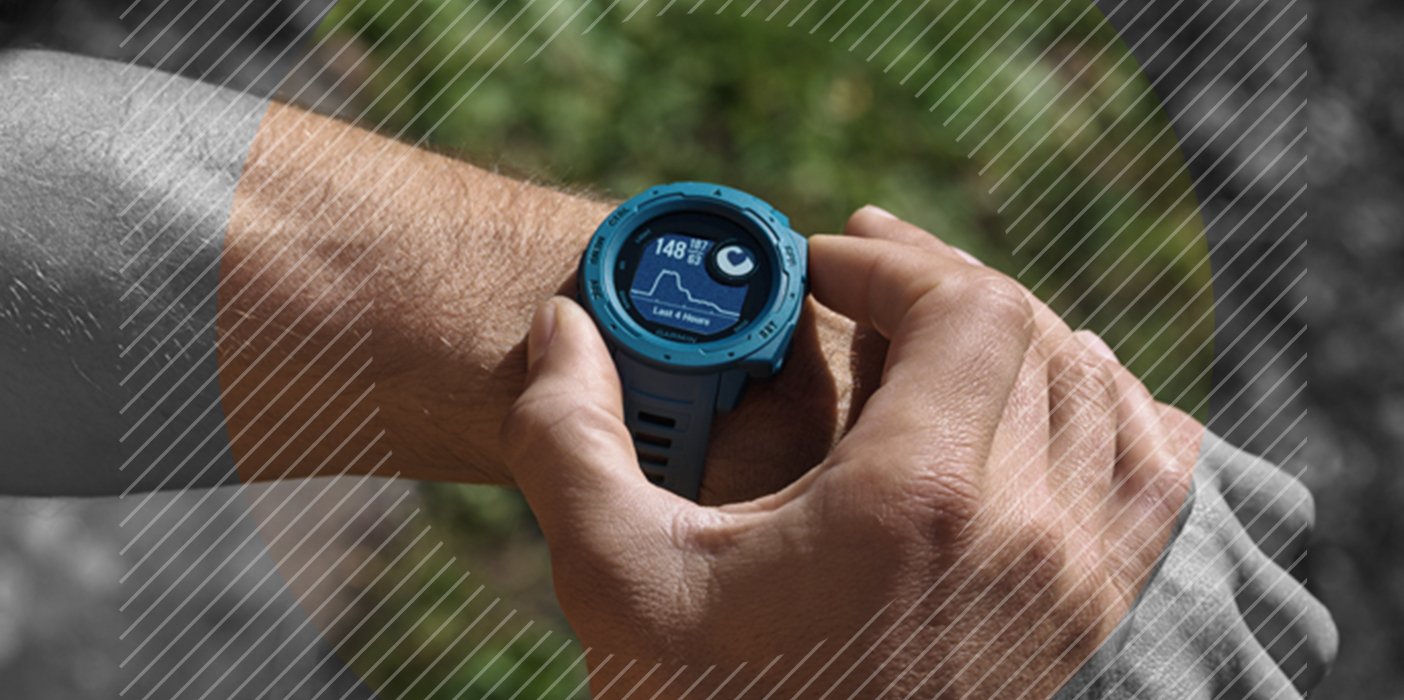Using Garmin Smartwatch Health Monitoring to Improve Esports

June 18, 2020
Written by Rehan Nana
A healthy body is a healthy mind. Garmin fēnix 6 and Instinct smartwatches could improve both for esports players.
If you would’ve asked me a week ago if I would feel compelled to write a blog on the importance of competitive esports health training and how Garmin Instinct® and fēnix® health monitoring can help improve esports performance, I would’ve told you there was probably a better chance of me becoming, well, a competitive esports player. To be upfront, I’m not an esports enthusiast. Chiefly, because I am horrible at esports. The last time I picked up a controller was in college to play Halo and I got beat. Very badly, as I recall.
Then someone forwarded me an article, and I fell down a rabbit hole. A giant, seemingly endless rabbit hole burrowed in the new frontier of esports. What I found so fascinating about this article was the demanding nature of esports and the parallels esports have to traditional sports.
The article, written by Jake Middleton of Adamas Esports, discussed the taxing physical and mental aspects these athletes endure at a competitive and professional level and the increased importance of physical training. After a lengthy phone call with Jake, and reading more on the subject, I started to understand how physical training for esports players can help lead to improved performance.
At surface level to non-gamers, it may seem counterintuitive that gamers could benefit from physical training but consider the following:
- The average career for a professional esports player is just a few of years, roughly the same as a U.S. football player’s average career of 3.3 years. According to some, burnout is a major contributing factor.
- During competitive play, heart rates can reach 160-180 beats per minute (bpm). Here is a video of an individual setting a world record; his heart rate gets to 172 bpm. NASCAR drivers have heart rates from 120-150 bpm, by the way.
- Esports gamers face 51 different stress factors during competition, which is on par with other traditional sports.
- Some competitive players may only sleep 4 hours a day.
The above is by no means a critique on the nature of esports, but instead showcases the toll that this new breed of professional athlete faces is indeed great.
So, what can be done?
If we understand and accept the demanding physical and mental nature of esports, then we should consider that the pillars of improvement with traditional sports training should hold true with esports athletes. Increased physical fitness leads to increased physical performance.Because esports are based largely in cognitive performance, the traditional mantra of “A healthy body is a healthy mind” may be even more important.
Health monitoring features on the Garmin Instinct and fēnix watches are used by top athletes across the world. By tracking, analyzing and making necessary adjustments in their lifestyles based on data provided by their Instinct or fēnix smartwatches, these athletes can shape how their bodies react to the physical and mental pressures of their sports.
Using the same health monitoring technology as other top athletes, esports players can monitor their health in order to help improve their overall esports performance and health in the process.
While there are many features that esports players may find beneficial in the Garmin smartwatches, below are a few that might benefit their physical well-being, and in turn, their potential performance.
Author’s Note: Because I mentioned I am not a gamer, I’ve brought in two experts to help me out further explain these concepts, Jake Middleton of Adamas Esports and Herman Bonner of FirstBeat.
Heart Rate Monitoring
“We know in traditional sports like running that a lower heart rate at a given intensity is better for performance. No research on this exists currently in esports but we can hypothesize that a lower heart during intense cognitive load may benefit performance and certainly player longevity over time,” said Jake Middleton, Adamas Esports performance coach.
We understand that an increased heart rate leads to increased stress, increased stress exacts a physical toll on the body and an increased physical toll can lead to decreased physical and mental stamina. So how can we improve upon this? One simple way to improve is to decrease your overall resting heart rate through increased physical activity and exercise, which decreases your stress levels.
“Anyone who has stood up to speak or perform in front of an audience can attest to a relationship between heart rate and stress. A racing pulse, pumping more blood through your veins than your current level of physical activity demands, is a good indicator that you are under stress, but that’s only part of the picture. Changes in the length of time between consecutive heart beats supply further information, critical for understanding your body’s response to challenges. Notably, as your fitness level…
